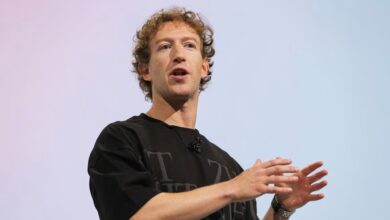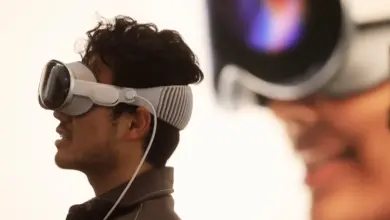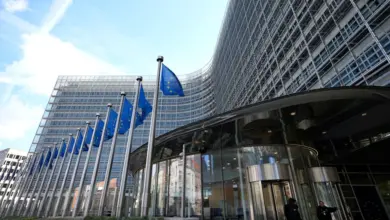
Like it or not, Twitter on Tuesday retired its star button that users click to "favorite" a post and replaced it with a heart.
The messaging platform said the new system of "likes," which is also used by Facebook, offers a better way for users to express their views. But it quickly sparked an outcry from some users.
"Hearts? Really Twitter? Why not lollipops, or sugardrop fairies made of rainbow smiles, sparkles, and a generous dollop of dreams?" one user wrote.
"There are too many love hearts on Twitter now, I feel like I'm reading text messages between a 12 year old couple," another tweeted.
Twitter said the move was designed to be easier to understand for users around the world.
"We want to make Twitter easier and more rewarding to use, and we know that at times the star could be confusing, especially to newcomers," product manager Akarshan Kumar said in a blog post.
"You might like a lot of things, but not everything can be your favorite."
Kumar said the heart "is a universal symbol that resonates across languages, cultures and time zones."
"The heart is more expressive, enabling you to convey a range of emotions and easily connect with people. And in our tests, we found that people loved it," he added.
The heart symbol had already been used on Twitter's Periscope livestream app, and it now will appear on Twitter and Vine, the app for short videos.
The idea has been around for months, and key Twitter investor Chris Sacca suggested such a change in a June blog post, saying favorite was "too strong a word."
"Favorite is a superlative. It implies a ranking. In the early days of Twitter many of us interpreted the word literally and only keep a few tweets in our favorites that were truly, well, our favorites," he wrote.
"Today, many of my friends and I use the star as a 'like' button equivalent… However, the majority of users are baffled by favorites and they don't end up using the star much, if at all."
'Horrible things'
A Twitter "poll" — another new feature to boost user interest — found 88 percent preferred "favorites" and only 12 percent "likes," with some 28,000 users voting.
Some critics said the change puts people in an awkward position of liking tweets related to tragic news events.
"For journalists that means it'll look like we 'love' horrible things," tweeted Bel Trew, a Middle East reporter for The Times of London
Similar complaints have been voiced about Facebook's "like" button and the social network has been studying other options.
But Facebook has said there will be no "dislike" button. Facebook chief executive Mark Zuckerberg has said users wanted "the ability to express empathy" because "not every moment is a good moment."
Twitter has been struggling to boost its user base in the face of sluggish growth compared with that of other social networks. It recently brought co-founder Jack Dorsey back as its chief executive on a permanent basis.
In its latest quarterly update, Twitter reported 320 million monthly active users — only modestly up from 316 million in the past quarter and 11 percent higher than a year ago.




